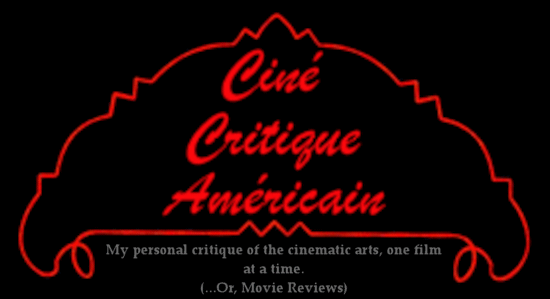Going into the theater, I was optimistic about "Edge of Darkness." It seemed to have a lot going for it; Mel Gibson in an angry, emotional role, Ray Winstone in a shadowy, mysterious role, a dark story, and director Martin Campbell, who also directed the BBC mini series that the movie is based on. Happily, it all comes together well. Well, it comes together well if you like dark and violent. (I do!)
"Edge of Darkness" is a dramatic tale of mystery and vengeance starring Mel Gibson as Thomas Craven, a Boston police detective who's daughter is shot and killed just as she is trying to reveal to him the real reason for her sudden visit. Craven begins to investigate his daughter's murder and becomes increasingly motivated by revenge as he descends into a complex web of corporate conspiracy and government cover-ups. He is aided (or is he?) by a shadowy NSA agent named Jedburgh, played Ray Winstone. Both characters are searching for a kind of redemption and, in the end, both receive some measure of it.
"Edge of Darkness" has a gripping, dramatic, story that keeps you engaged and resolves all the mysterious elements, but only in due course. The drama and mystery are punctuated by scenes of sudden and intense violence, all of which are done very realistically and are not over stylized or completely unbelievable or unintelligible like a lot of action movies seem to be today. The violence is also not inappropriately bloody or gory, but, again, is realistic and believable, though some scenes are appropriately bloody and intense. Gibson is quite convincing, almost frighteningly so, as a bereaved father who will stop at nothing to avenge his daughter's death because he has nothing else left to lose, and Winstone, in some ways, outshines Gibson in his stone cold portrayal of a NSA fixer who may, or may not, be tired of cleaning up other people's messes. The thick, Boston accents didn't distract form the film and seem, to me anyway, to be authentic, but, then again, I can't really tell (y'all.)
I always enjoy realistic action dramas or thrillers. "Michael Clayton" comes to mind. "Edge of Darkness" is a bit more intense than "Michael Clayton," and a lot more violent, but all the same basic elements are there, good actors, good characters, good writing, good drama, and a realistic execution. All of it makes for a well done drama that one can enjoy without having to suspend disbelief.
RIGHT HAND OF THE DEVIL (1963)
8 hours ago



















